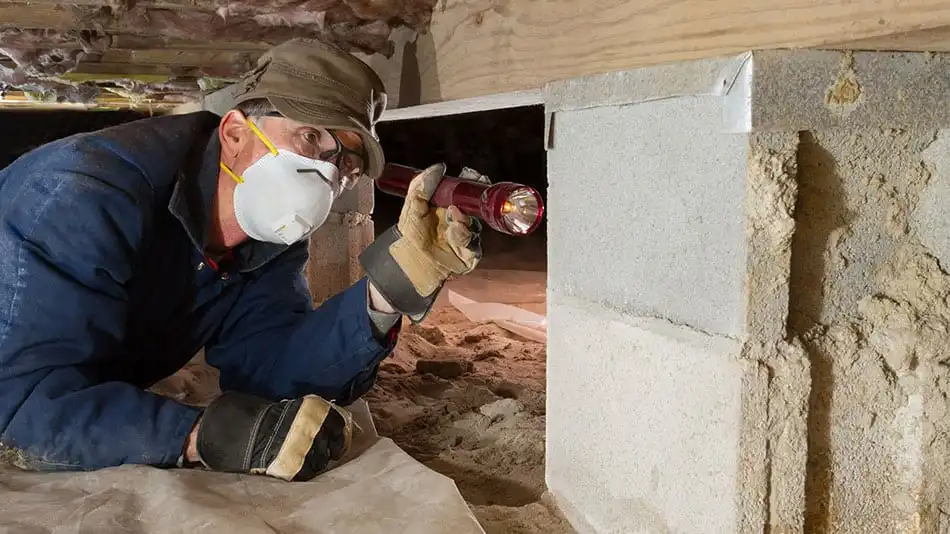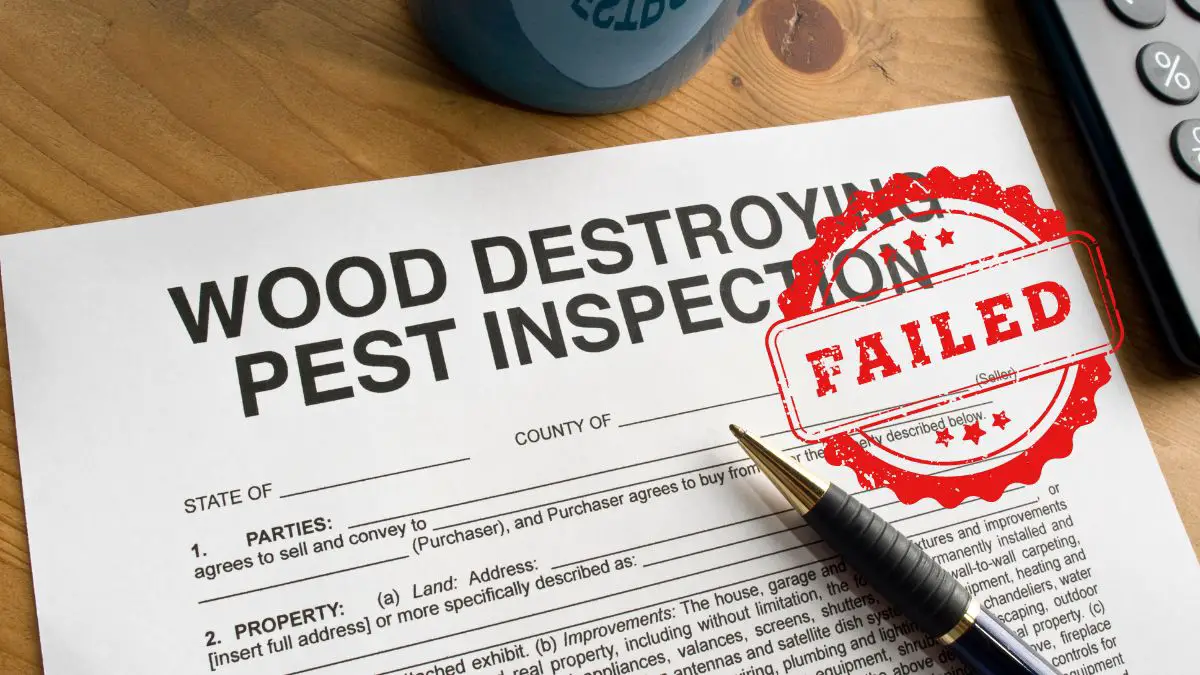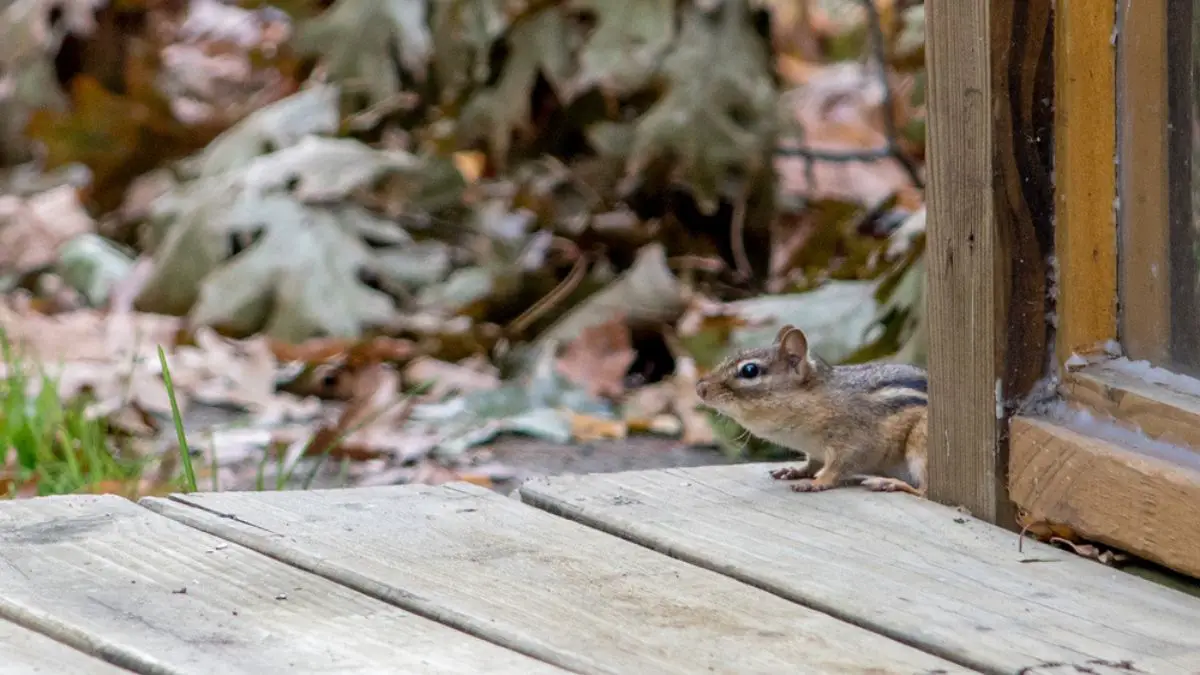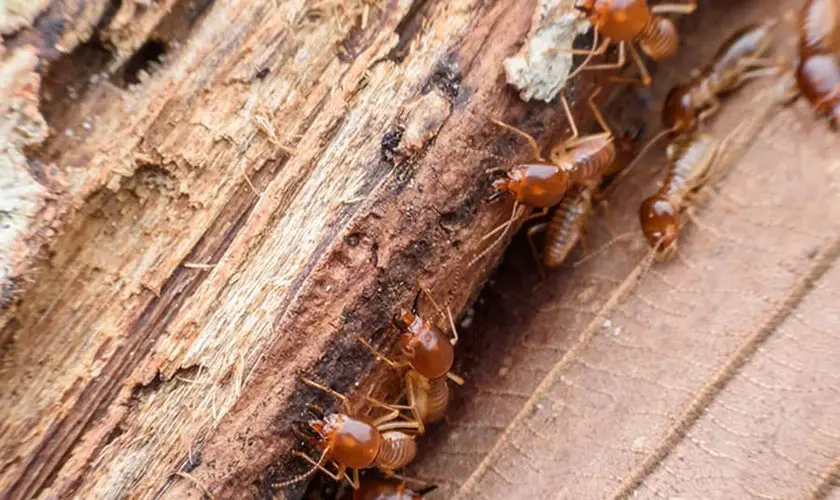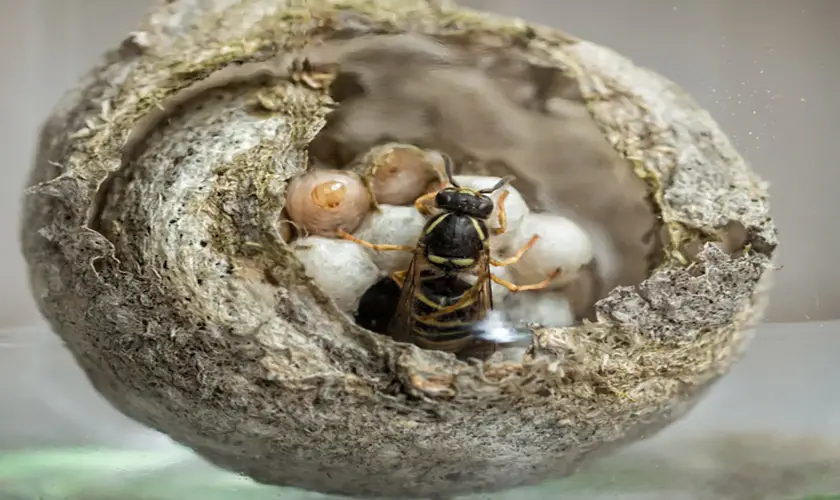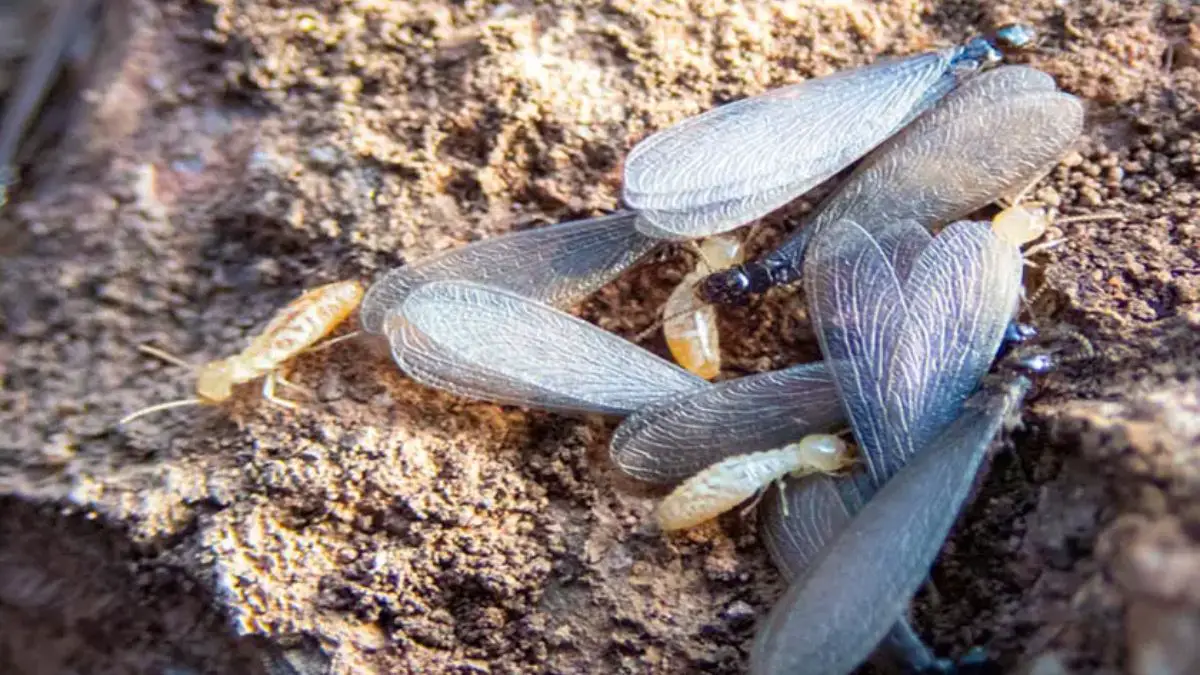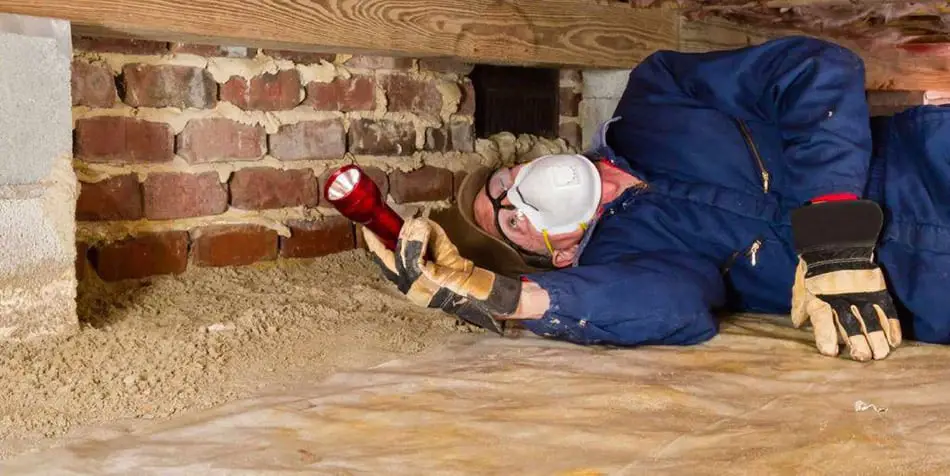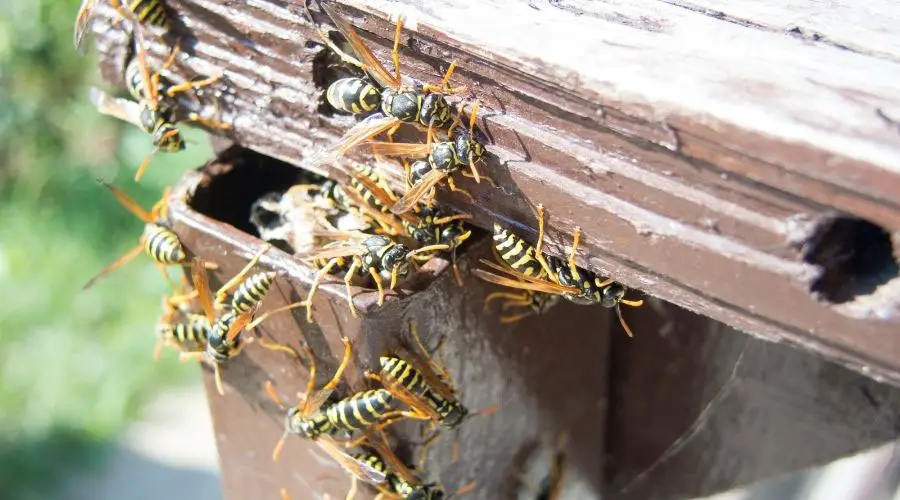
Wasps and hornets prey on insects and contribute to pollination so that they can be beneficial to your garden. However, their venomous stings and aggressive behavior often outweigh their good qualities, especially around your home, so keeping them away is desirable.
You can keep wasps and hornets away by:
- Spraying the outside of the house with homemade repellents.
- Sealing off cracks and covering up possible entry points into your house.
- Uprooting attractive plants and planting repellent plants.
- Keeping the yard tidy and clean.
- Trapping them.
- Putting up fake nests.
- Using pesticides.
- Professional extermination.
Keeping wasps away is important in homes with small children, pets, and people who have allergies to their venom. Wasps can also be aggressive, so they are not nice neighbors. There are several ways to keep them away from your house, some of which are natural (chemical-free) and don’t involve killing the hornets or wasps.
Get FREE quotes from licensed pest control technicians in your area today. Whether you need spraying for ants, roaches, spiders, ticks, mosquitos, or bed bugs, We Can Help! All technicians are screened, licensed, and insured.
1. Repel Wasps And Hornets Using Homemade Repellents
Use a combination of clove, geranium, and lemongrass essential oils. Mixing a few drops of these oils into a spray bottle with water and dish soap can make an effective wasp and hornet repellent. The dish soap is important to allow the essential oils to mix evenly with the water, as oil and water don’t mix without an emulsifier or solubilizer.
Spray this repellent onto the areas of your house where you have seen wasps build nests and where you think they might build them in the future. The areas under the eaves, porch roofs, and crevasses in ledges are good places to target. You can also spray it around entrances to your home to prevent the wasps and hornets from coming and building their nests inside.
If you want to use this as a repellent on your skin, you will need to dilute the essential oils (use a carrier oil like coconut oil) and substitute the dish soap for a solubilizer or emulsifier that can be used on the skin.
Use peppermint essential oil. You can use peppermint oil to repel wasps and hornets. You can dilute it with a carrier oil and apply it to your skin. Or you can mix it with water and dish soap and spray it around the house, just like the clove, geranium, and lemongrass mixture.
Use vinegar. You can also make up a mixture of vinegar and water to spray onto the target areas of the house, but this does not smell as good as the essential oils. However, you can use vinegar to kill any stray wasps you find.
For those who wish to have a video provided, here is a great explanation of one:
2. Seal Off Cracks And Other Possible Nest And Entry Points
Wasps build nests in cracks and crevasses, so you should go outside your house and fill in any likely spots with plaster filler or another appropriate material. You also want to prevent the wasps from coming inside your home, so make sure there are no gaps in the window and door casements; mend any you find.
Put insect mesh over your windows and install screen doors that will allow you to benefit from airflow into your house but prevent the entrance of wasps, hornets, and other unwelcome insects. If you already have window and door screens, ensure no holes are in them. You can also buy insect mesh to put over vents, but ensure you are not contravening safety and building regulations.
Suppose you find a wasp or hornet in your house. Don’t kill it right away. If possible, follow it to find where it came inside and seal the hole appropriately.
You should also regularly check for nests just starting to be built, especially in early spring. They are a lot easier to deal with when they are small.
3. Plant The Right Plants And Uproot The Wrong Ones
Certain aromatic herbs and plants repel wasps and hornets, so plant these around the house, especially near windows and doors. You can even put potted plants on windowsills. These plants include spearmint, thyme, citronella, eucalyptus, wormwood, marigold, and geranium.
Wasps and hornets are attracted to sweet-smelling plants, so don’t plant them near your house’s exterior, especially near windows and doors. You should uproot them if they are already planted around the house.
If you have a problem with wasps and hornets in your area and there is little chance of preventing them from coming into your yard, you can plant the sweet-smelling flowers at the bottom of the yard to try and keep the insects away from the house itself.
4. Keep The Yard Clean And Tidy
In spring and early summer, wasps and hornets are attracted to protein foods, and in late summer and fall, they are attracted to sweet foods. So, their diet is varied, and you should make sure there is nothing in your yard that would attract them.
You should make sure that your compost bin is covered. If you have an open compost heap, you should move it into a covered bin. You should ensure that trash bins are always closed and are emptied and cleaned regularly.
Pet food can attract wasps and hornets in spring and early summer, so avoid leaving the pet food bowls outside and clean them out when your pet has finished eating.
An attraction to wasps and hornets during late summer and fall is fruit. If fruit trees are growing in your yard, don’t leave the fruit on the ground beneath the tree and harvest the fruit from the tree as soon as possible.
Sweep up yard debris and trim trees. An untidy yard can provide ideal spots for nests and attract other insects on which hornets and wasps feed. Standing water can also attract wasps and hornets. Empty all birdbaths, gutters, and rain-water collectors.
Wasps and hornets may return to your yard for a while after taking away their food source, but eventually, they will realize that your yard is no longer a good spot.
5. Install Or Make Wasp And Hornet Traps
Wasp traps are designed to lure wasps and hornets into them using either a sweet or protein substance (depending on the time of year). The wasps and hornets can get into these traps but can’t get out. The traps are usually filled with water, so the wasps and hornets drown in the traps. You can also easily find instructions for homemade water traps using soda bottles.
Some recommend setting these up in early spring, as the queens are moving around. By catching and killing the queen wasp, you prevent them from reproducing.
The main problem with using wasp and hornet traps is that they might also attract bees to the sweet substances, enter the traps, and die.
6. Put Up A Fake Wasp Nest
Wasps and hornets are territorial. They won’t build a nest in an area where there is already a nest. You can buy fake wasp and hornet nests to hang from the eaves of your house as a deterrent.
It’s also helpful to put these up in the place of any nests you have had removed to discourage the wasps and hornets from returning to that spot.
7. Use Pesticides
You can use chemical pesticides and insecticides to spray outside your house and yard. However, it would be best to remember that these can also be harmful to you, your pets, and beneficial insects.
8. Call In The Professionals
If you are out of ideas and the wasps and hornets are just not leaving, you can call in a professional exterminator.
Conclusion
Even though wasps and hornets eat other insects and aid bees in pollination, they are dangerous creatures, and their dangers often outweigh their benefits. Not only are wasps and hornets venomous, but they can also sting you multiple times, and they are much more aggressive than their bee cousins.
You can take many steps to keep wasps and hornets away from your house. You can repel them by spraying the outside of the house with homemade repellent sprays, planting aromatic plants and herbs they do not like, and putting up fake nests. You can prevent the wasps from coming inside to make nests by sealing up cracks and installing window and door screens.
Keeping your yard tidy and trash bins sealed will remove the food sources that attract them. You can kill them using traps and pesticides.
Get FREE quotes from licensed pest control technicians in your area today. Whether you need spraying for ants, roaches, spiders, ticks, mosquitos, or bed bugs, We Can Help! All technicians are screened, licensed, and insured.


